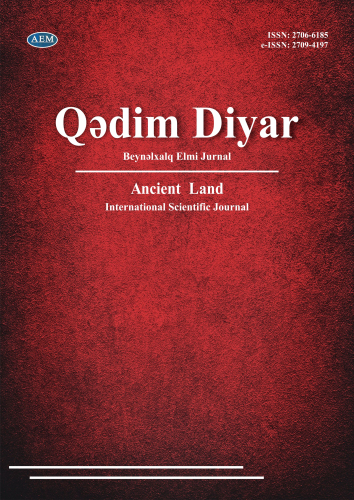https://doi.org/10.36719/2706-6185/43/134-140
Sünbül Zalova
Baku State University
Ph.D. student
sunbulzalova@gmail.com
https://orcid.org/0000-0002-5598-7266
The Problems of Intellectual-Linguistic Provision of Texts in Journalism
Abstract
Journalism is a field that serves the function of informing society, shaping public opinion, and fulfilling social responsibility. This field is also characterized by the high quality of language and text structure. Intellectual-linguistic support of texts in journalism is one of the key factors that ensures the accurate, clear, and objective presentation of information. This article explores the significance of intellectual-linguistic support of texts in journalism, the challenges faced, and potential solutions in detail. Intellectual-linguistic support refers not only to the language level but
also to the high analytical analysis of the content of a text in journalism. Journalists must not only convey information but also deeply consider the place and significance of this information in society. This requires a high level of thinking, analytical ability, and critical evaluation from journalists. Logical transitions, strong arguments related to the topic, and connections designed to influence the reader's thinking are essential in the text. The article discusses the role of linguistic features in journalism, the improvement of text quality to facilitate information comprehension, and the new directions created by the application of artificial intelligence technologies in journalism. It investigates the differences in language use between citizen journalism and professional journalism, and emphasizes the necessity of utilizing information communication technologies to enhance the quality of journalistic writing in modern media. Structural linguistic features are a crucial aspect of written communication. As citizen journalism gains popularity and its audience grows, questions arise regarding how its media structure differs from professional counterparts and how these differences may potentially affect the audience.
Keywords: linguistic support tools, citizen journalism, artificial intelligence, linguistics, journalism

